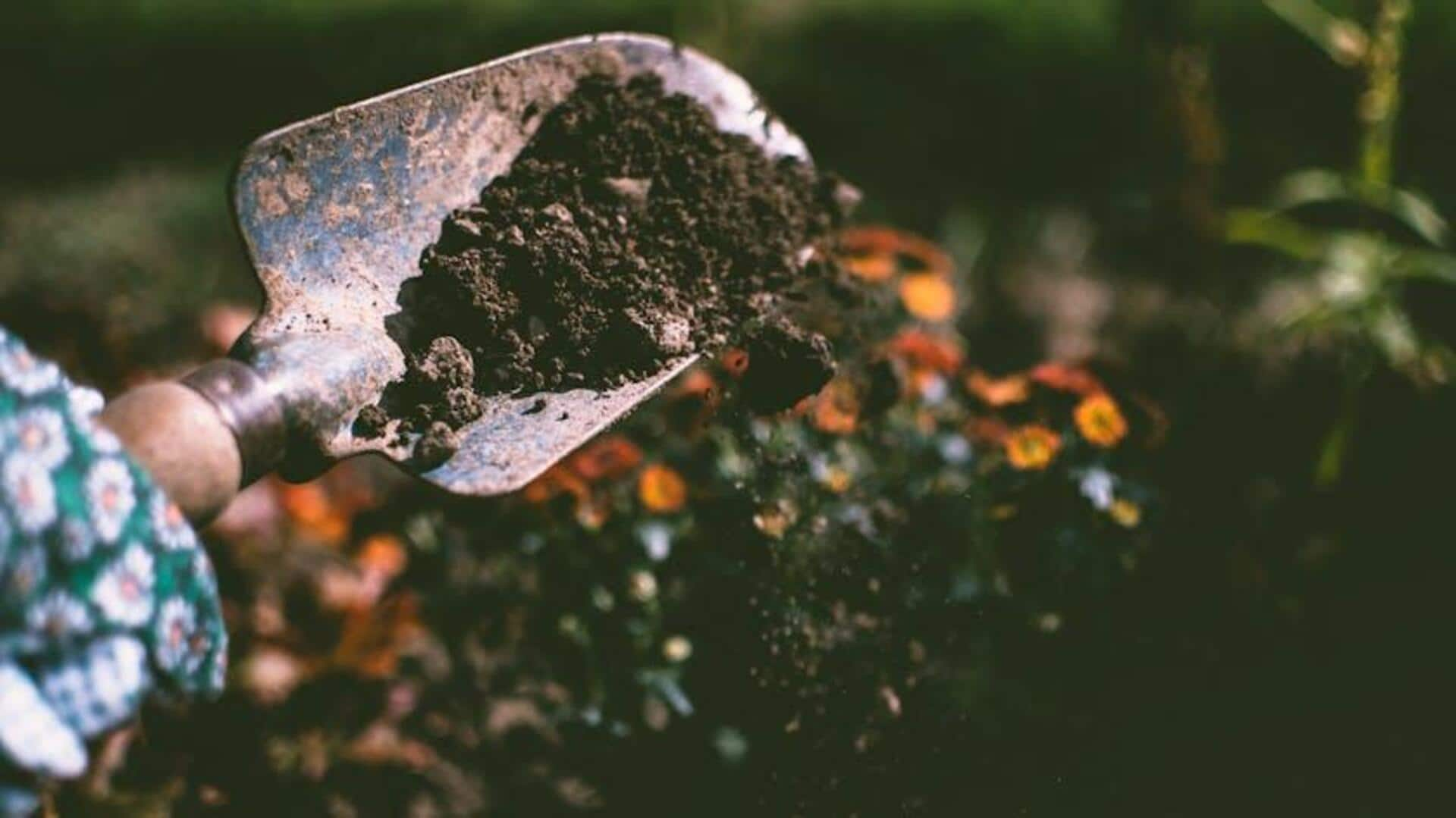Was a long read? Making it simpler…
What’s the story
Gardening with African wildflowers allows you to experience the continent’s heartbeat by cultivating its vibrant and diverse beauty in your own backyard.
These plants, which have evolved to thrive in Africa’s vast array of climates and conditions, offer not only a beautiful display but also contribute to the health of local ecosystems.
Read on to discover key tips for successfully growing an African wildflower garden.
Selecting the right species
Picking the right species is the key to a successful garden.
Research plants indigenous to Africa’s various regions and choose those that will thrive in your specific climate and soil conditions.
Take into account factors like sunlight exposure, water needs, and temperature tolerance.
A combination of perennials and annuals will provide year-round color and interest.
Preparing your garden bed
African wildflowers love well-drained soil that’s packed with organic goodies.
Kick things off by testing your soil’s pH level; most wildflowers are happiest with a pH between six and 7.5.
If needed, boost your soil’s fertility and drainage with some compost or well-rotted manure.
Remember, a well-prepped bed is the secret to a strong start for your plants.
Planting techniques
When it comes to planting African wildflowers, timing is crucial.
The optimal period is during the rainy season, when regular moisture facilitates rapid seed germination and root establishment.
Sow seeds directly into prepared beds at the depth indicated on their packaging, and space them according to their mature size to avoid overcrowding.
Watering wisely
Although many African wildflowers are drought-tolerant once established, they require regular watering during their initial growth phase and flowering period.
Establish a watering schedule that maintains the soil consistently moist but not waterlogged, which can lead to root rot or fungal diseases.
Drip irrigation or soaker hoses are recommended as they efficiently deliver water directly to the roots without wetting foliage unnecessarily.
Fostering biodiversity
Adding a mix of African wildflowers to your garden not only beautifies your space but also supports biodiversity by attracting beneficial pollinators like bees, butterflies, and birds—both those that are native to your area and those that migrate with the seasons.
Plant flowers in groups (not individually) for the most significant visual impact and benefit to nature; doing so imitates how they naturally grow in the wild across Africa.









